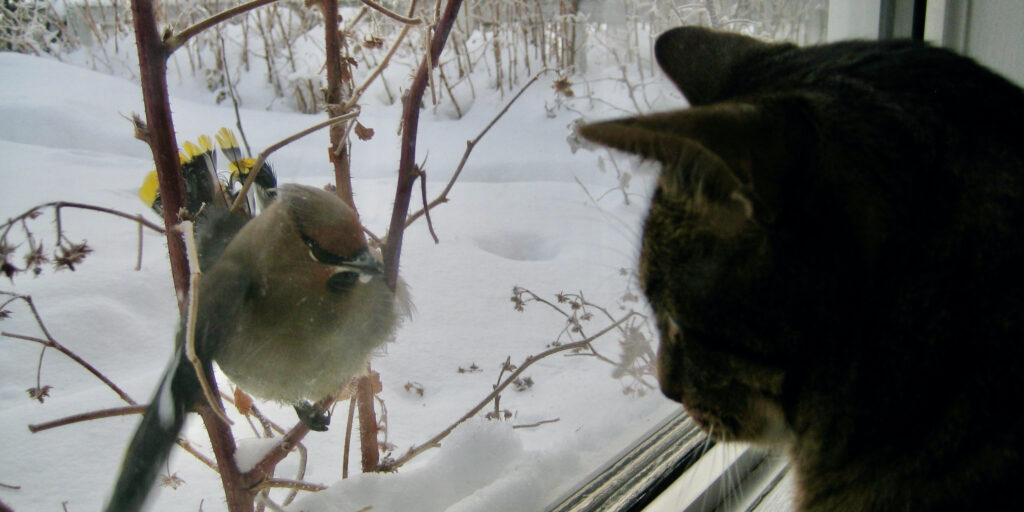Dearest Readers,
The other day I was speaking about self-care with a resident in the Long-Term Care home where I work and in the middle of our discussion I said, “Most of us need to have a self-care plan at the ready before we cross the line into–”
“Hell,” he said, finishing my sentence for me.
That’s not what I was going to say but I laughed out loud because he nailed it.
Yesterday, I started to watch a video on YouTube about a woman who “Met God and Saw the Future”. She’d come back to life after having a Near Death Experience (NDE) with a new understanding that the afterlife is actually “Home” and life on Earth is, in fact, “Hell.”
Then, last evening, I had a meaningful conversation with woman who lives with pretty intense mental health issues. She talked about her struggles and her suidical ideation, summing it all up by saying, “Life is hell.”
Okay, three mentions of “hell” in as many days? I thought I’d better write about it.
I’ve never subscribed to the idea of Hell as a place we go after we die. But this idea that Life is Hell? Certainly in my darkest hours I have felt it to be true.
People who have NDEs often experience a state of “overwhelming, unconditional love” (as the woman in the video did) and so it makes sense that life here, with its pain and suffering and confusion, would seem like Hell in comparison.
Yet life on Earth includes this phenomenon called Beauty and despite the hell states of war, tragedy, depression and illness, Beauty is everywhere.
And the one generator of Beauty that we all seem to agree on?
Nature. Nature gives us so much Beauty.
As I was driving home the other day, a luminescent split in the darkening sky was spilling forth the brightest light imaginable from a towering wall of black clouds.
Despite the fact that this heavenly hernia was nearly blinding me and black spots in my vision were making it difficult to see the road, I kept turning my eyes back toward it.
It seemed an apt metaphor for how human beings seek Beauty. We want to look at it. We want it to blind us. We want to be dazzled and blown away by it and reassured that it exists, that we can see it, that it is there for us.
And it is. Beauty is everywhere. This is an undeniable, indisputable truth.
With three mentions of Hell and two more of “the End Times” (that’s another Letter), it’s fair to say that we are living in an extremely challenging time in history. For those who are in the trenches of war (actual and political), it’s truly Hell. For those of us feeling powerless to make a difference in these situations and in our own lives, it’s hell.
And yet Nature continues to abide and bedazzle us all, continually striking us with this mysterious paradox: Life is Hell and Life is unfathomable Beauty.
Somehow we go on, knowing both.
Blessings to you on your Healing Journey,
Celia



